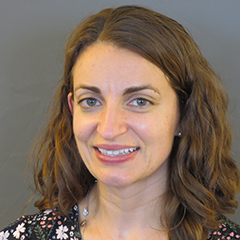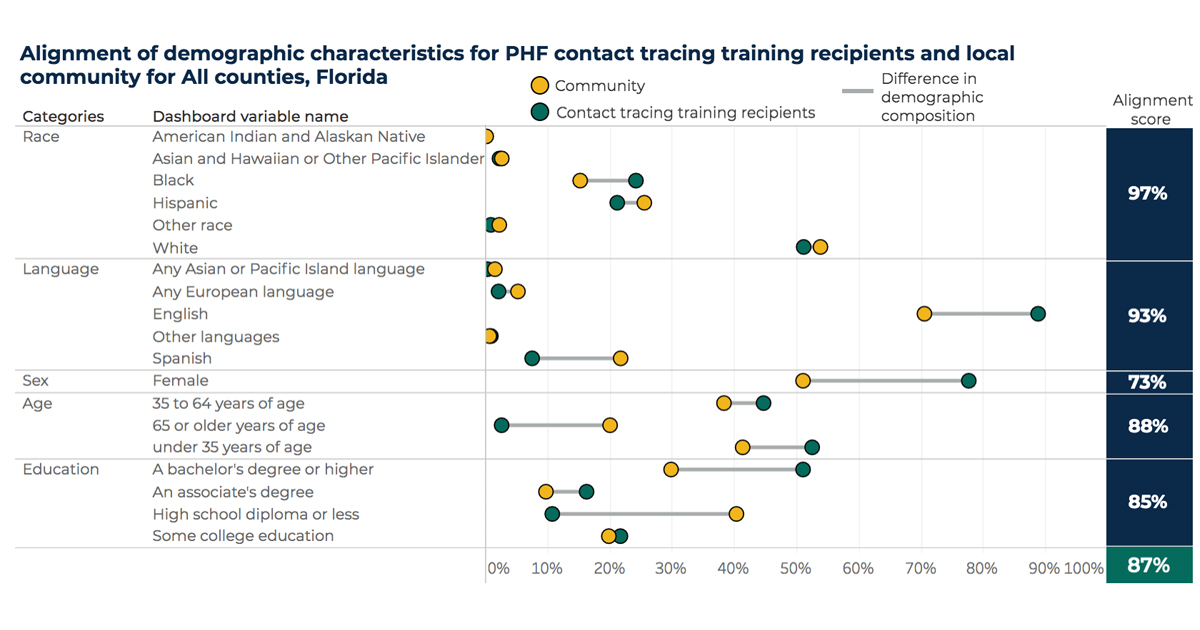Project Overview
To understand state and local case investigation and contact tracing implementation, people’s actions after being notified of COVID-19 infection or exposure, and case investigation and contact tracing programs’ ability to reach populations disproportionately affected by COVID-19.
This project seeks to learn from the experiences and behaviors of people affected by COVID-19 and health departments’ experiences implementing case investigation and contact tracing in order to inform future contact tracing efforts and other public health interventions.
- National Academy for State Health Policy
- Ipsos
U.S. Department of Health and Human Services, Centers for Disease Control and Prevention
The project was comprised of the following five studies:
Survey of people testing positive for COVID-19 or notified of exposure. We designed, administered, and analyzed a survey to better understand the experiences of people who tested positive for COVID-19 (cases) and those who were notified of potential exposure (contacts). Fielded with the Ipsos KnowledgePanel®, the survey featured a nationally representative sample of 22,514 of U.S. adults, 15,923 of which completed interviews. Of these, 9,269 met eligibility criteria and completed questions about actions taken after testing positive for COVID-19 or being informed of exposure to a case.
Focus groups and interviews with community members. We also designed, implemented, and analyzed 33 focus groups and six one-on-one interviews with a total of 184 participants who self-identified as cases or contacts to better understand their experiences, including barriers to and facilitators for isolation and quarantine and their participation in case investigation and contact tracing.
Evidence & Insights From This Project

Experience of Public Health Departments in Implementation of COVID-19 Case Investigation and Contact Tracing Programs
This study investigated how public health departments used case investigation and contact tracing (CI/CT) during the COVID-19 pandemic, including CI/CT methodology, staffing models, training and support, and efforts to identify or prioritize populations disproportionately affected by COVID-19.
Learn MoreRelated Staff
See Clearly. Act Quickly.
From local to global challenges in health, human services, and international development, we’re here to improve public well-being and make progress together. Learn more about becoming a Mathematica client or partner.
Work With Us






